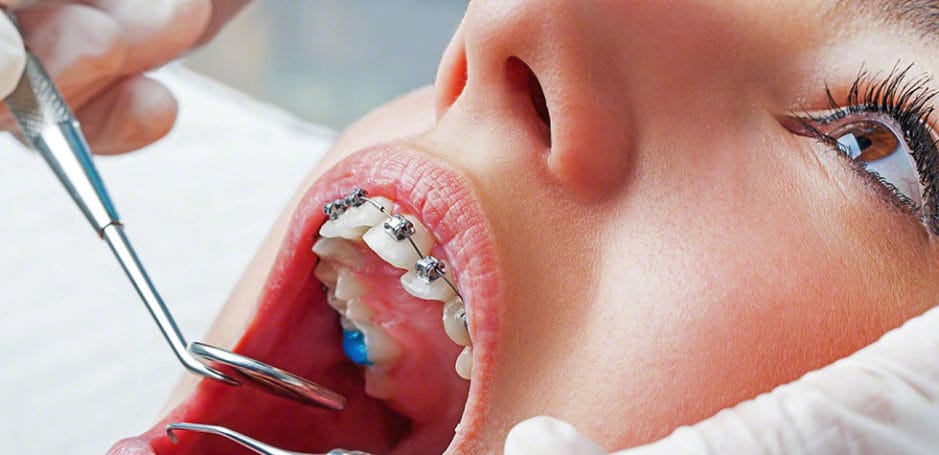Sleep and mental health share a profound and intricate relationship, each influencing the other in profound ways. At the heart of this dynamic connection lies the understanding that sleep plays a critical role in maintaining mental well-being. For many, seeking support from a sleep center can be the first step in addressing sleep-related concerns, especially when they intersect with mental health challenges. Understanding this relationship is essential, as it sheds light on the importance of quality sleep in fostering optimal mental health outcomes.
The Impact of Sleep on Mental Health
Quality sleep is crucial for maintaining optimal cognitive function and emotional regulation. When individuals experience disruptions in their sleep patterns, whether due to insomnia, sleep apnea, or other sleep disorders, it can have profound effects on their mental health. Sleep deprivation can exacerbate symptoms of anxiety and depression, impair decision-making and problem-solving abilities, and increase susceptibility to mood swings and irritability. Moreover, inadequate sleep can contribute to the onset or exacerbation of mental health disorders, highlighting the critical need for prioritizing sleep as part of a comprehensive approach to mental well-being.
Insomnia
Insomnia, characterized by difficulty falling asleep or staying asleep, is one of the most prevalent sleep disorders and a frequent companion to mental health issues. Individuals struggling with insomnia often find themselves caught in a vicious cycle, where sleep disturbances exacerbate symptoms of anxiety or depression, leading to further sleep difficulties. Seeking assistance from insomnia doctors can provide individuals with the tools and strategies needed to address underlying sleep issues and mitigate their impact on mental health. By addressing insomnia effectively, individuals can experience improvements in mood, cognition, and overall quality of life.
Sleep Disorders and Psychiatric Conditions
The relationship between sleep disorders and psychiatric conditions is bidirectional, with each influencing the other in complex ways. For example, individuals with psychiatric disorders such as depression or anxiety are more likely to experience sleep disturbances, while those with chronic sleep disorders may be at greater risk of developing mental health issues. Understanding and addressing both components of this relationship is essential for promoting optimal mental health outcomes. Collaborative care approaches that involve both sleep doctors Clarksburg and mental health professionals can be particularly effective in addressing the interconnected nature of sleep and psychiatric disorders.
Treatment Approaches
Recognizing the intertwined nature of sleep and mental health, treatment approaches that address both components simultaneously have emerged as increasingly important. Integrative interventions, such as cognitive-behavioral therapy for insomnia (CBT-I), offer evidence-based strategies for improving sleep quality while also targeting underlying psychological factors contributing to sleep disturbances.
Additionally, pharmacological treatments may be employed when appropriate, under the guidance of healthcare professionals specializing in sleep medicine and psychiatry. By taking a holistic approach to treatment, individuals can experience significant improvements in both their sleep and mental health outcomes.
Conclusion
In conclusion, the relationship between sleep and mental health is undeniable, with each exerting profound influences on the other. Recognizing the importance of quality sleep in maintaining optimal mental well-being is essential, as is seeking support from specialized professionals when sleep-related concerns intersect with mental health challenges. Seeking guidance from sleep centers and insomnia doctors Urbana can provide valuable support and resources on this journey toward improved sleep and mental health outcomes.



